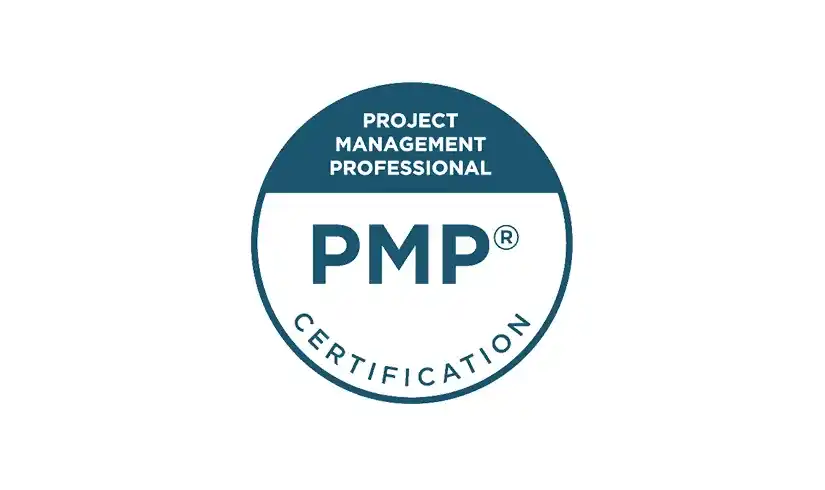In today's competitive job market, enrolling in a professional course has become more than just a learning experience—it's a strategic investment. With rising education costs and a growing array of training options, prospective learners are increasingly focused on one critical question: What return on investment (ROI) will this course offer? Evaluating the ROI of a course goes beyond just financial returns—it encompasses employability, skills development, long-term career growth, and even personal satisfaction. This article explores the key dimensions of evaluating course ROI and what defines success for different learners.
Understanding Course ROI Beyond Finances
When people think of ROI, they often default to monetary gain—how much a student earns after completing a course compared to what they spent. While this metric is important, it only paints part of the picture. In reality, ROI in education should consider the total value gained, including improved job prospects, skill acquisition, industry exposure, and professional networking opportunities.
For instance, a student enrolling in a data science course in Mumbai may not see immediate salary spikes, but the acquired capabilities—such as working with machine learning models, interpreting big data, and using analytical tools—can open doors to diverse roles across sectors. When assessing ROI, learners should therefore consider how the course enhances their long-term career resilience and growth, not just short-term financial gains.
Key Metrics to Measure ROI
Measuring course ROI requires a blend of quantitative and qualitative factors. Here are some essential metrics:
Employment Outcomes
One of the most tangible measures of ROI is whether the course leads to relevant job opportunities. If a majority of course graduates secure roles aligned with their training within a few months of completion, that indicates strong program effectiveness. Check placement records, employer tie-ups, and alumni success stories to gauge this metric.Salary Improvements
Comparing pre- and post-course salaries can offer a clear indicator of financial ROI. However, it’s important to analyse this data in context—sometimes the initial salary bump might be modest, but the potential for growth significantly increases.Skill Advancement
Skill gain is a more nuanced but equally vital metric. Does the course teach in-demand tools and technologies? Are learners equipped to solve real-world problems? The best programs focus on industry-relevant skills that enable learners to adapt and contribute meaningfully.Certification and Recognition
Courses that are certified or recognised by industry bodies often hold more weight in the job market. This can influence hiring decisions and add credibility to a learner’s profile.Learner Satisfaction
While more subjective, student feedback and satisfaction scores can reveal much about the quality of the course. Factors like trainer effectiveness, course content, mentorship, and support systems all contribute to learner experience, which in turn impacts outcomes.
What Success Means: Different for Different People
The definition of success can vary widely depending on an individual’s goals. For a recent graduate, success may mean landing their first job in the tech industry. For a mid-level professional, it might involve switching domains or earning a promotion. For someone returning to the workforce after a break, just regaining confidence and updating their skill set could be a big win.
That’s why ROI evaluation must be personalised. A standard benchmark may not do justice to individual journeys. When choosing a course, learners should first outline their goals and use them as a reference to track outcomes.
The Role of Location and Market Demand
Local job markets can significantly affect the ROI of a course. In cities like Mumbai, where tech and analytics sectors are booming, the demand for data-driven roles is on the rise. As a result, courses tailored to these sectors naturally see higher ROI due to better employment potential.
A data science course, for example, aligns well with the city’s vibrant startup ecosystem, multinational IT companies, and financial institutions adopting advanced analytics. This alignment boosts the course's ability to provide tangible career returns, especially for those looking to enter roles such as data analyst, machine learning engineer, or business intelligence professional.
Learning Support and Career Services Matter
Another crucial factor in course ROI is the quality of post-training support. Good educational institutions don’t just deliver lectures—they offer project-based learning, interview preparation, resume-building workshops, and personalised career coaching. These services bridge the gap between learning and earning, helping learners translate knowledge into job offers.
Courses that include internship opportunities or live projects with real data also tend to have higher ROI. They allow learners to gain experience, build a portfolio, and stand out in interviews.
Long-Term Impact: The Compounding Value
One often-overlooked aspect of ROI is its compounding nature. A course may not offer a dramatic impact immediately, but the skills gained can generate career dividends over time. The initial investment in time, effort, and money builds a foundation that supports long-term professional evolution. Learners can pivot to new industries, take on leadership roles, or even start their own ventures based on what they learn.
Tips for Maximising Course ROI
To make the most of any course, consider the following strategies:
Choose programs with hands-on learning, not just theoretical modules.
Leverage networking opportunities with peers, alumni, and mentors.
Apply new skills regularly, even in side projects or freelance work.
Set realistic goals and track progress at regular intervals.
Be proactive in using career services provided by the training institute.
Conclusion
Evaluating the ROI of a professional course requires a holistic approach. It’s about understanding the broader impact on one’s career path, not just immediate returns. Employment outcomes, salary hikes, skill advancement, and personal satisfaction all contribute to the equation. When learners make informed decisions and actively engage in the learning process, they can turn educational investments into long-term success stories.
For professionals eyeing roles in analytics and machine learning, a thoughtfully chosen data science course in Mumbai can be a powerful catalyst—not just for higher salaries, but for building a future-proof career in a data-driven world.





Write a comment ...